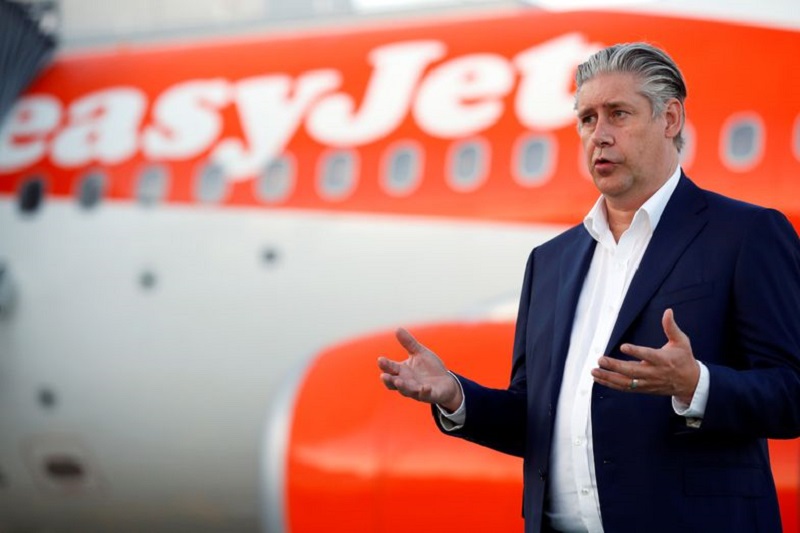This post was originally published on this site

GTLK Europe DAC and GTLK Europe Capital DAC, whose main business is aircraft leasing, had sought to prevent the appointment of liquidators by applying for court protection from creditors, citing a decree by Russian President Vladimir Putin to relieve $1.5 billion of debt.
The High Court denied the request to enter examinership, a process akin to Chapter 11 bankruptcy protection in the United States that allows an applicant time to restructure debts while operating as a going concern.
“It seems to me that the petitioner did not act in good faith and the relief should be refused,” Judge Conor Dignam told the court.
He went on to list a number of “fatal” shortcomings of the examinership request, noting that the possible appearance of certain assets in the future did not amount to creation of a reasonable chance of survival for the firms as going concerns.
He then appointed joint liquidators, which means the leasing companies’ aircraft and shipping assets will no longer be under the control of the Russian government.
The companies’ business “simply stopped” due to the Western sanctions imposed in response to Moscow’s invasion of Ukraine, a lawyer for a number of GTLK’s bondholders, Kelley Smith, told the court on Tuesday.
GTLK, whose clients previously included Aeroflot, Emirates Airlines and easyJet (LON:EZJ) according to a presentation on its website, had already defaulted on 13 interest payments to the tune of $175 million, and would default on hundreds of millions of dollars more in the next year, Smith added.
Bondholders are cumulatively owed $3.75 billion, the court was told.
GTLK’s attempt to enter examinership was hampered on Tuesday when its Irish lawyers were granted permission to cease acting for the companies, telling the court the relationship between them and their client had “broken down catastrophically”.
That left GTLK with no legal representation for the closing stages of the case.
The judge adjudicating earlier proceedings on Monday, Brian O’Moore, had described the timing of the examinership application as “profoundly suspicious” given the companies had said as recently as May 24 when fighting liquidation that they were solvent, only to declare two days later that they were insolvent.

